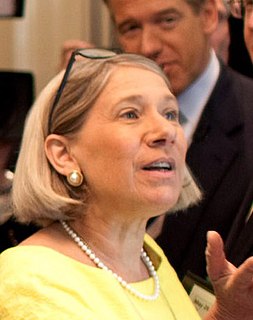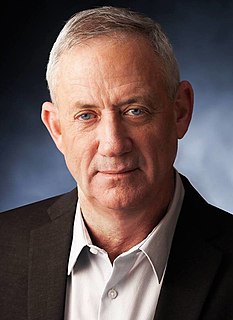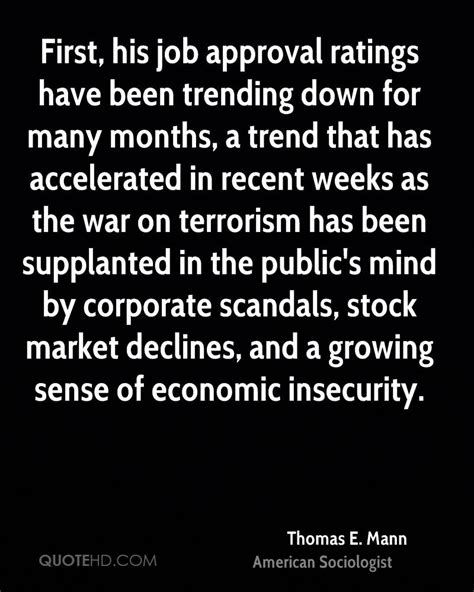A Quote by Chris Hayes
It's not uncommon for revolutions to stem from a radicalized group just outside the circle of power. That's what the French Revolution was all about; that's what the American Revolution was. The question is: Will all those groups, because of the nature of partisan polarization and ideological polarization, just fight each other? Or is there capacity to organize?
Related Quotes
In comparison to the French Revolution, the American Revolution has come to seem a parochial and rather dull event. This, despitethe fact that the American Revolution was successful--realizing the purposes of the revolutionaries and establishing a durable political regime--while the French Revolution was a resounding failure, devouring its own children and leading to an imperial despotism, followed by an eventual restoration of the monarchy.
The transformations of the French empire itself or of French power structures themselves as well as the emergence of a kind of language of equal rights starting with the American Revolution and the French Revolution provided an opportunity and in some ways connected with other kinds of ground level desires or hopes and ideologies for freedom that were coming out of the plantation regime itself.
Our characterization of collective folly is that sound judgment is not feasible when there is forced or false agreement in groups. We also show how group polarization sets the stage for risky and even dangerous decisions to be made. How we navigate between false agreement and polarization is the kind of mastery that collective wisdom represents.
Human rights did not begin with the French Revolution...[they] really stem from a mixture of Judaism and Christianity...[we English] had 1688, our quiet revolution, where Parliament exerted its will over the King...it was not the sort of Revolution that France's was...'Liberty, equality, fraternity' - they forgot obligations and duties I think. And then of course the fraternity went missing for a long time.
Any classification according to a singular identity polarizes people in a particular way, but if we take note of the fact that we have many different identities - related not just to religion but also to language, occupation and business, politics, class and poverty, and many others - we can see that the polarization of one can be resisted by a fuller picture. So knowledge and understanding are extremely important to fight against singular polarization.
Those revolutions are not strictly incessant; they occur in discrete rushes which are separated from each other by spans of comparative quiet. The process as a whole works incessantly however, in the sense that there always is either revolution or absorption of the results of revolution, both together forming what are known as business cycles.
A revolution is bloody, but America is in a unique position. She's the only country in history in a position actually to become involved in a bloodless revolution. The Russian revolution was bloody, Chinese revolution was bloody, French revolution was bloody, Cuban revolution was bloody, and there was nothing more bloody then the American Revolution. But today this country can become involved in a revolution that won't take bloodshed. All she's got to do is give the black man in this country everything that's due him, everything.
The word 'revolution' first brings to mind violent upheavals in the state, but ideas of revolution in science, and of political revolution, are almost coeval. The word once meant only a revolving, a circular return to an origin, as when we speak of revolutions per minute or the revolution of the planets about the sun.
First, what is a revolution? Sometimes I'm inclined to believe that many of our people are using this word "revolution" loosely, without taking careful consideration [of] what this word actually means, and what its historic characteristics are. When you study the historic nature of revolutions, the motive of a revolution, the objective of a revolution, and the result of a revolution, and the methods used in a revolution, you may change words. You may devise another program. You may change your goal and you may change your mind.
We Marxists believe that a revolution will also take place in other countries. But it will take place only when the revolutionaries in those countries think it possible, or necessary. The export of revolution is nonsense. Every country will make its own revolution if it wants to, and if it does not want to, there will be no revolution.
































